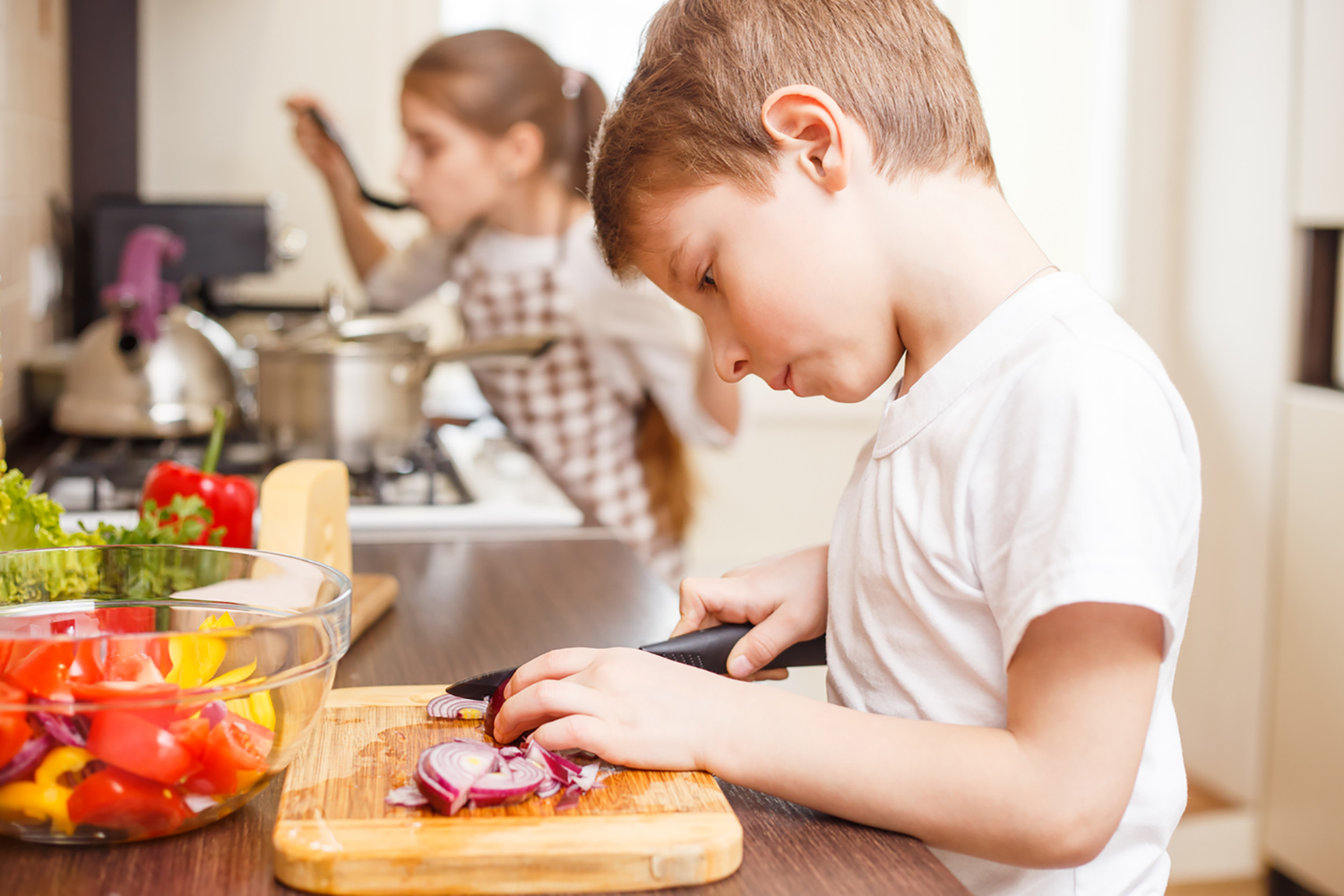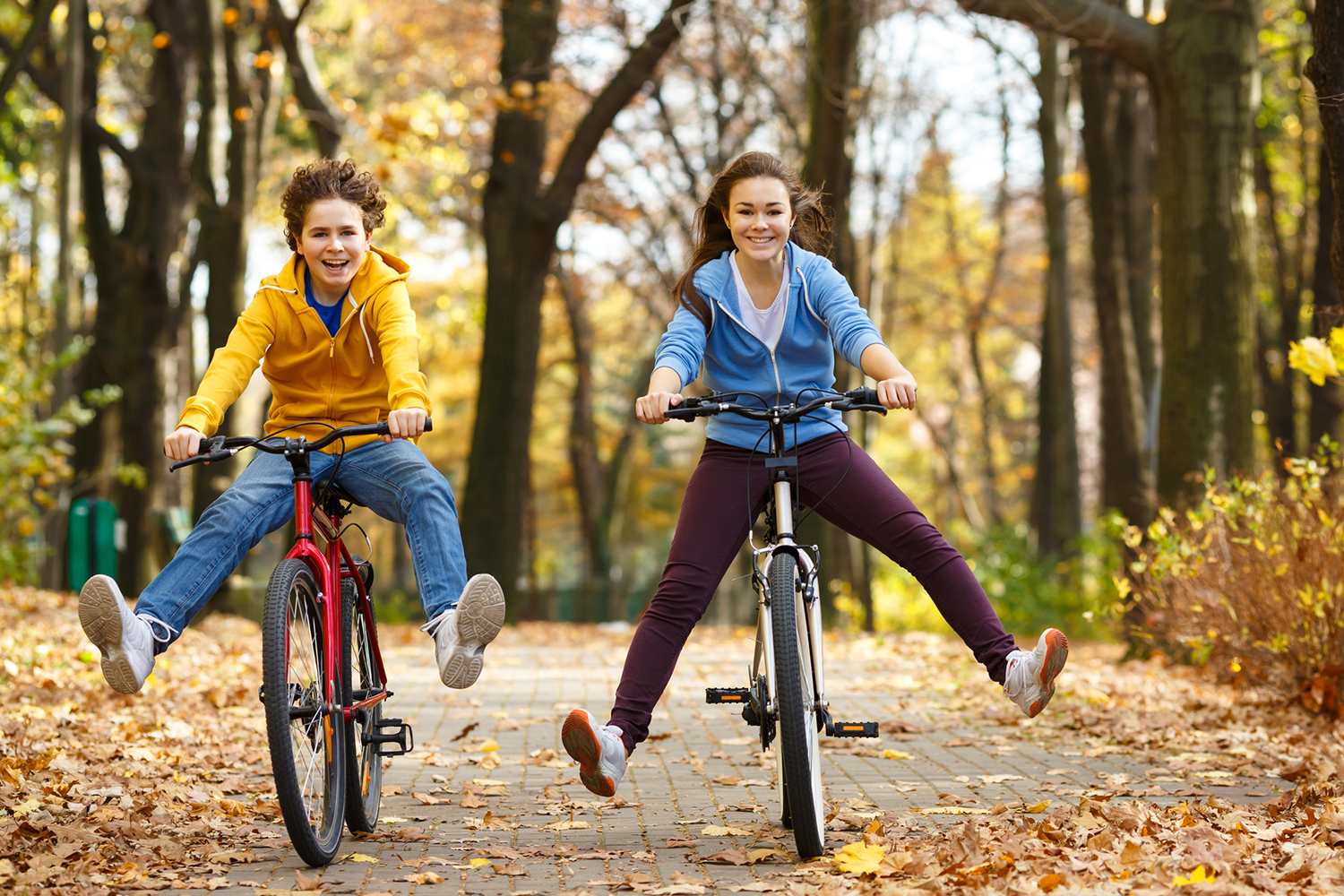Climate change is an issue that all our children will have to face.
Amidst constant news about bushfires, floods, droughts, melting ice-caps and rising temperatures, kids can often feel distressed and anxious about climate change and the impact on their future. But rather than avoiding the topic altogether, it’s important to be honest with our kids. By helping them understand the issues and shifting their anxiety, you can encourage them to be part of the solution and equip them with the tools and knowledge to act – whatever their age.
What you can do now
1. Get the facts
Before talking to your kids about climate change, it’s important to arm yourself with evidence-based, scientific knowledge. There’s a lot of misinformation and biased opinions out there, with much of it spread by interest groups looking to prevent meaningful action on climate change. There’s also plenty of scientific information to get your head around!
The key is just to try your best to sort out fact from fiction and look for information from credible sources, so you can communicate with kids of different ages without it becoming too complex or overwhelming. Take a look at our handy list of links below for more information to help get you on your way.
2. Start where your kids are at
Many kids already have a good awareness of climate change. They may have learned about it in school, seen a news report, discussed it with their friends or heard their parents talk about it.
That’s why it’s helpful to find out what your kids know and how they feel about it. Individual feelings and reactions can vary widely, from children who fear ‘the end of the world’ to those taking more optimistic steps like changing their lifestyles of lobbying for action through the global School Strike 4 Climate.
It’s a complex topic to explain to kids, no matter what their age. But it’s important to begin somewhere – and by finding out what your kids already know, you’ve got a starting point for opening up the conversation.
3. Be age-appropriate
Children may have many questions about climate change and are looking to us, as adults, for answers and reassurance. So it’s very important that what we say about climate change and its potential impacts is appropriate for the age of our kids. What we say to a kinder-aged child might be very different to what we say to an adolescent in high school, and remember to keep things simple to start with – particularly with younger children.
The Australian Psychological Society has some great tips and advice on how to talk about climate change with your kids:
- What to say to very young children: talk about the environmentally friendly things you do every day. For example:
- ‘We put food scraps in the compost bin, so the worms and other little creatures can make soil for growing veggies and flowers.’
- ‘Let’s buy these apples and pop them in our own bag, not one of those which have all plastic around them.’
- For primary school–aged children: keep to simple but honest answers. For example:
- ‘The Earth is getting hotter because we have used too much stuff like petrol, gas and plastic.’
- ‘We have to save water because we haven’t had as much rain as usual because the climate is changing.’
- For kids of all ages: be sure to:
- point out that many people are working to stop the climate changing too much
- explain that there are things that everyone can do to help like recycling or writing letters
- remind kids that big problems have been solved in the past through many people working together
- discuss what you and your child can do to make a difference.
For more information on how you can support your children in dealing with the issues of climate change, check out these comprehensive guides from the Australian Psychological Society: Raising children to thrive in a climate changed world and A guide for parents about the climate crisis.
4. Set the tone
We know that our kids look to us for guidance, reassurance and knowledge. That’s why our actions need to back up our words. By remembering that impressionable little eyes are watching your every move, you can lead by example at home, when travelling, in your shopping choices, and in your financial decisions.
You can also help your kids take an optimistic outlook on all things environment by modelling one yourself. And because kids also look to their peer groups for guidance, sharing success stories about other children who are making a difference and acting on climate change can be a great source of encouragement.
5. Encourage your kids to get involved
When we feel anxious and fearful – whether we’re adults or children – our response can sometimes be to withdraw and feel helpless, which often leads to inaction and apathy. But by empowering your kids with practical solutions, you can help them feel their actions are making a real difference.
So while discussing climate change directly is one way to raise environmental awareness with your kids, one of the best ways is to simply get them involved. Creating opportunities for your children to spend more time in nature is one of the best ways to help them appreciate and understand our natural world, which can lead to a stronger commitment to protect our environment.
Depending on age, some practical steps kids can take to act on climate change include:
- plant a tree – this could be in your own garden, school yard or community
- get outdoors and enjoy nature
- try measuring your family’s carbon footprint
- write to your local politician to express concerns and ask what the government is doing to address climate change
- join an activist group like School Strike 4 Climate and lend your support.





